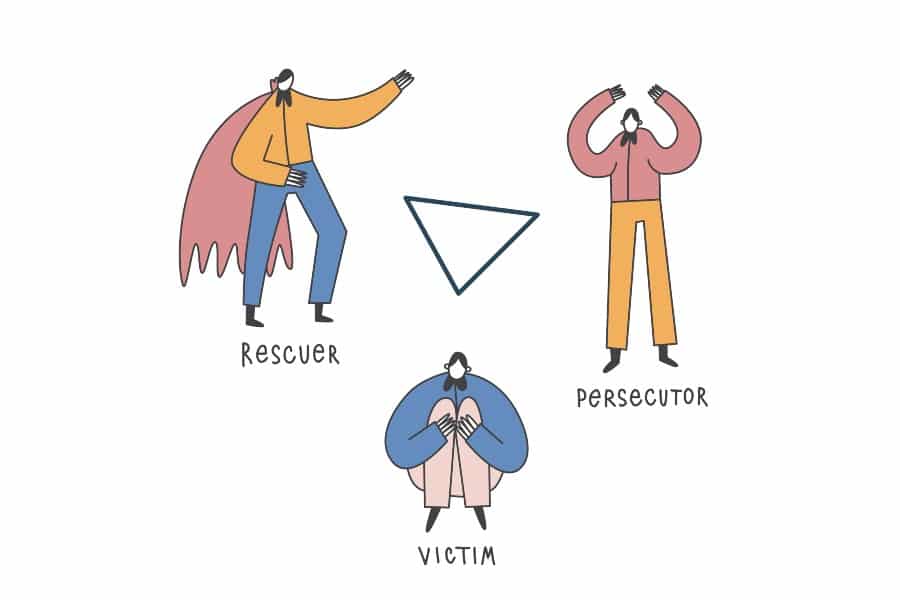Four famous words that start almost every story we hear as children… Once upon a time.
Do you remember what it was like to hear those unforgettable four words?
Something is gonna happen.
The wolf eats Gramma for breakfast and wants the little girl for dessert.
The pigs run away from the huff and the puff.
The bears find an intruder sleeping in one of their beds.
Not everyone can tell great stories
But those who can are geniuses. They take us on a journey through the twists and turns.
We can see the events unfold as if we were there.
My grandfather could tell a great story.
I remember sitting in his living room as he recounted adventures with Billy Curbin and Mitchell Ross.
I never met Billy or Mitchell.
I wish I had. My grandfather had a lot of fun with them.
I wonder how many of his tales were just bold-faced lies.
He made us laugh.
That seemed to make him happy.
The truth wasn’t important.
His eyes shined as he laughed and told the story of wrecking his first car in 1935.
My dad teased by saying, “The only way you could tell if Grampie was lying is when his lips stopped moving”.
Many years after Grampie died, dad told me Billy Curbin and Mitchell Ross weren’t real.
They were figments of his imagination.
The stories of their escapades were fake.
Grampie quit school in grade 2 to work on the farm.
He couldn’t read or write.
Man, he could tell a good story.
I think of the old fella when marketing people tell me the power of storytelling.
If you’ve ever sat down with an old man with a young heart, you don’t need to be a college education to know how stories pull us into someone else’s world.
Humans are the only creatures on Earth that will take resources used for food and trade them for entertainment.
Entertainment is a thirst.
An interesting person at a party will be one with the ability to quench that thirst.
You’ll lick your lips, swirl your tongue and smack your gums, hoping to taste the flavour of the thirst.
Some people have interesting lives because they learned how to share from the fountain.
Words, pauses, giggles, and darts of the eyes as if they were reliving the moment again.
My college roommate, Bruce, was like that. His nightly adventures retold were so inviting.
He detailed simple, boring events like drinking a beer with a friend like he was hanging out with the next President of the United States.
I liked adventure hunting with Bruce.
His stories were better in his imagination than in real life.
It was fun being around him because the stories never stopped. And now, being with him, I became his co-pilot, a subject of his stories, a legend to his other friends.
I was looking for fun. He made me part of the fun through his stories.
One night in 1994, after too much beer, we were hanging out at the university pub. John, a hippie who dated our friend Trina’s roommate, came over to talk to us.
We were laughing and telling stories about the night’s shenanigans. John couldn’t understand anything we were saying. I remember speaking to John that night. The next day, he told us our words were gibberish. John taught English in Korea for two years and spoke enough Korean to get by. Since he couldn’t understand anything we were saying, he started conversing in Korean.
I answered him in French. Apparently, I couldn’t get an English word out of mouth, but the French rolled off my tongue like I was back in Madame Lee’s Grade five French Immersion class.
It was the craziest thing John had ever seen. And he was in South Korea as an English teacher.
Good stories have drama.
The Karpman Drama Triangle shows how great stories have three principal roles: hero, victim, and villain.
These roles need to be filled: Prince Charming, Step Mother, and Cinderella.
The stories of our lives are played out daily in the exact same way.
We don’t play the villain in our story. Villains are for someone evil.
We play the role of victim or hero.
Playing the role of victim, we need the hero to save us from the tyranny of evil.
The villain in YOUR story sees you as the villain in THEIR story.
John was the hero. Bruce and I were victims. Beer was the villain who hurt us.
But if I told the story from a different perspective, we were the heroes. We entertained John from his miserable life. He had a fight with his girlfriend. He needed to blow off steam. We made him laugh and see how pitiful our boring lives were. After feeling sorry for us, he went back to the apartment to make up with his honey.
With all three roles fulfilled, we have a dramatic powerful triangle within a family, a business, or society. It can drown the players or cleanse them.
The only way to escape the drama triangle is to not join in.
Although every good storyteller has the ability to pull you into their drama, you have to be careful. Getting involved could easily mean that you’ve become one of the three characters in the triangle.
Identify the villain by describing what you are against.
And then fight that villain at every twist and turn, making sure you don’t.
- Pretend is bad for business - July 9, 2024
- Curiosity is Creativity’s Roommate - February 10, 2023
- Labels are tattoos on your brain - December 15, 2022

